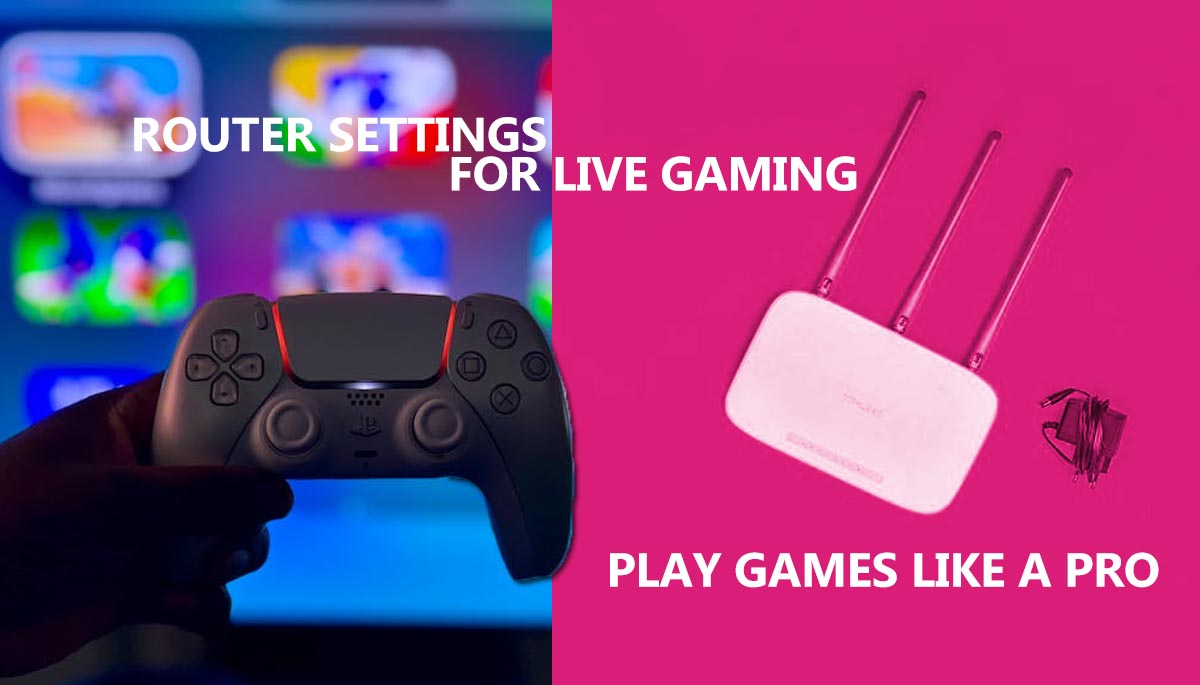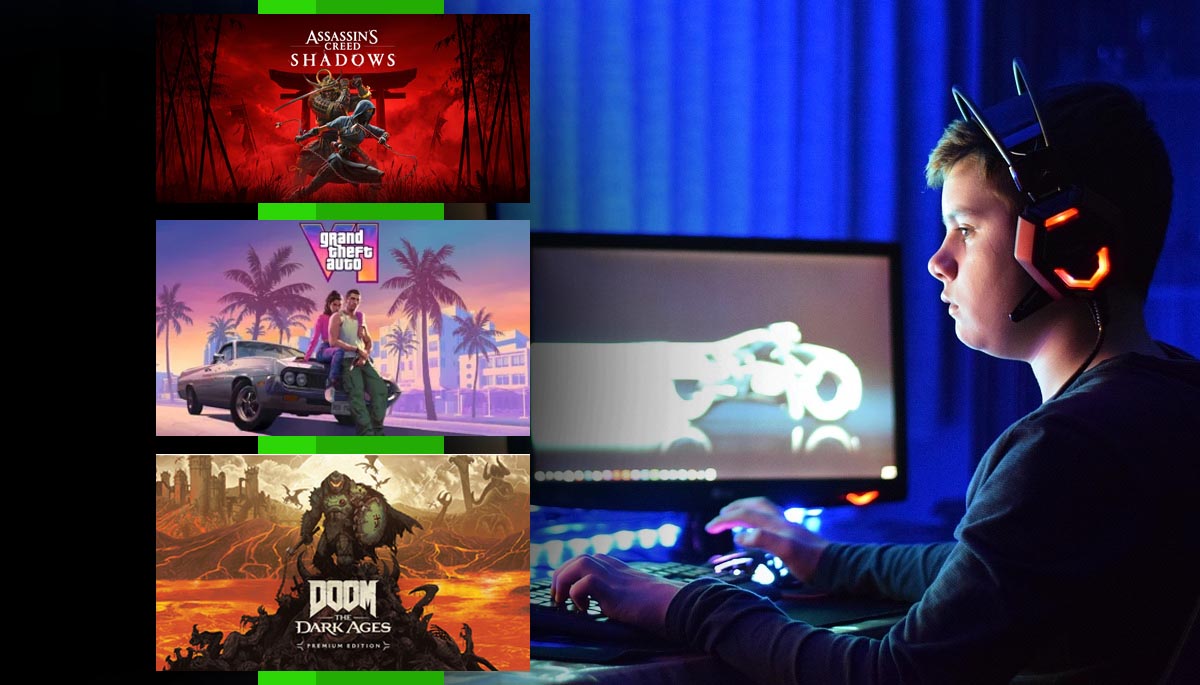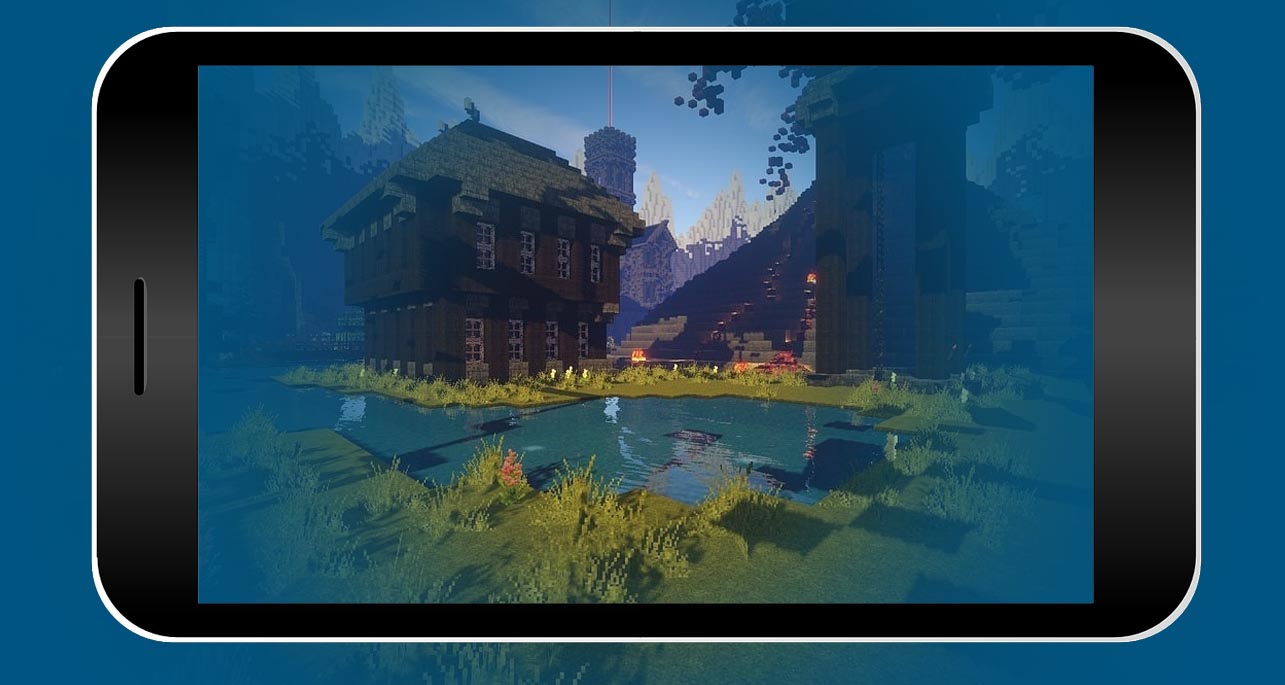Audio codec is not supported is a common issue that faced by a number of users while watching TV on Android or on Windows 10 devices. Sometime it appears while streaming videos on Samsung TV.
As many people have reported this issue on Samsung TV, so here we will let you know about some common tricks which will fix the issue in just few minutes and these tips are also applicable to solve the issue on Android or Windows 10 devices.

Table of Contents
What is audio codec
Audio codec not supported errors can be frustrating, especially when you’re trying to play a video or audio file on your Android TV or Windows 10 device and it just won’t work.
An audio codec is a software that is used to encode or decode audio data. When you play an audio or video file, your device uses the appropriate codec to decode the audio data so that it can be played through your speakers or headphones. If the codec is not supported by your device, it won’t be able to decode the audio data and you’ll see an error message saying that the audio codec is not supported.
Why audio codec is not supported error occurs
Now that we have a basic understanding of what an audio codec is and why it’s important, let’s look at some of the common causes of the “audio codec not supported” error.
- Unsupported file format: One of the most common causes of this error is trying to play a file that is in an unsupported format. For example, if you’re trying to play a WAV file on an Android TV, it might not work because WAV is not a supported format on Android TVs. In this case, you’ll need to convert the file to a supported format, such as MP3 or AAC.
- Outdated codecs: Another common cause of this error is outdated codecs. If you’re using an older version of a codec, it might not be compatible with the file you’re trying to play. In this case, you’ll need to update your codecs to the latest version to fix the problem.
- Corrupted file: Sometimes, the audio codec error can be caused by a corrupted file. If the file you’re trying to play is damaged or incomplete, it might not play properly, even if you have the correct codecs installed. In this case, you’ll need to try downloading the file again or getting a new copy of the file.
- Incompatible hardware: If you’re using an older device that doesn’t have the necessary hardware to support certain codecs, you might see the audio codec error when trying to play certain files. In this case, there isn’t much you can do except to try using a different device that is capable of playing the file.
How to fix audio codec is not supported
- Convert the file to a supported format: If the file you’re trying to play is in an unsupported format, you’ll need to convert it to a format that is supported by your device. There are many free online tools and software programs that you can use to do this, such as Online Audio Converter and Freemake Audio Converter. Simply upload the file you want to convert, choose the desired output format, and then download the converted file.
- Update your codecs: If the problem is caused by outdated codecs, you can fix it by updating your codecs to the latest version. There are several codec packs available for free download, such as K-Lite Codec Pack and X Codec Pack, that will provide you with a wide range of codecs for different file formats.
- Check for a corrupted file: If you think the problem might be caused by a corrupted file, try downloading the file again or getting a new copy of the file. Sometimes, simply downloading the file again can fix the problem.
- Use a different device: If you’re using an older device that doesn’t have the necessary hardware to support certain codecs, you might need to try using a different device that is capable of playing the file.
- Check for compatibility issues: If you’re trying to play a file on an Android TV or Windows 10 device, make sure that the file is compatible with the device. Some devices may not support certain file formats or codecs, even if they are listed as supported.
- Restart your device: If none of the above solutions work, try restarting your Android TV or Windows 10 device and see if that fixes the problem. Sometimes, a simple restart can resolve issues with audio codecs.
- Seek help from the manufacturer: If you’re still having problems with audio codecs after trying the above solutions, you may want to seek help from the manufacturer of your device. They may be able to provide additional troubleshooting steps or resolve the issue for you.
That’s all about the what is Audio codec is not supported error, why it occurs and how you can fix it without seeking third-part help. If you would like to know more, then just comment below and don’t forget to share.





